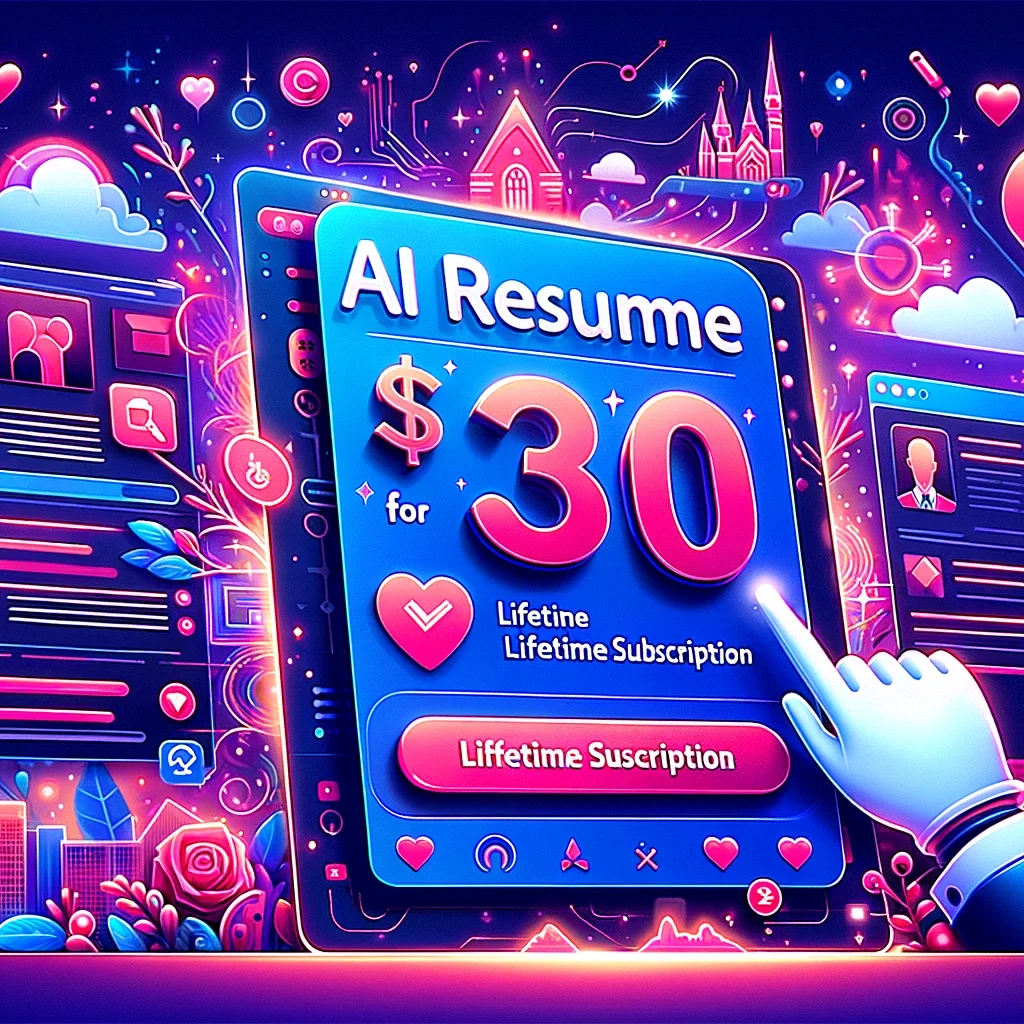Los Angeles, CA – A groundbreaking artificial intelligence (AI) system is set to revolutionize the enforcement of bus lanes in Los Angeles. Similar to systems already in operation in San Francisco and Washington, D.C., this innovative technology employs 100 AI-equipped cameras strategically placed in the windshields of Metro buses. The primary goal of these cameras is to identify and penalize drivers who illegally use bus lanes during designated hours, ensuring smoother and more efficient public transportation operations.
Enhanced enforcement through AI technology
The cutting-edge system, spearheaded by Hayden AI, has harnessed the power of AI to enhance the monitoring and enforcement of bus lanes. Charles Territo, a representative from Hayden AI, explained, “We’ve told the system using AI that if a vehicle is parked in a certain location, then the image of that vehicle should be captured, and an image of that license plate should be captured.” This intelligent technology identifies offenders and collects crucial data, ensuring a streamlined process for enforcement.
Legislative support and pilot program
The implementation of this AI-powered system is the result of a bill passed by California lawmakers in 2021. Dave Sotero, a Metro official, elaborated, stating, “It basically revised the California vehicle code to authorize transit agencies like Metro to install cameras on buses.” This initiative is currently in its pilot phase, with legislation supporting the program extending until 2027. The success and continuation of the program will be closely monitored in the coming years.
Strict enforcement and fines
Drivers found in violation of bus lane rules will receive one warning before facing penalties for repeat offenses. In Los Angeles County, the fine for illegally parking in a bus loading zone stands at a hefty $250. This stringent enforcement aims to deter motorists from using bus lanes during designated hours, ultimately benefiting public transit and reducing congestion.
Data privacy and compliance
To address concerns regarding data privacy, the law mandates that all images captured by the AI-equipped cameras should be destroyed after specific timeframes. Images that do not result in a ticket being issued must be deleted within 15 days, while those associated with a violation and subsequent ticket must be deleted within 60 days. These measures ensure that the system adheres to stringent privacy standards and respects the rights of individuals.
Positive implications for public transit
The introduction of AI-powered cameras on Metro buses marks a significant step forward in the efforts to improve public transit and alleviate traffic congestion in Los Angeles. By deterring drivers from illegally using bus lanes, this technology promises to enhance the reliability and efficiency of the Metro bus system. Commuters can look forward to quicker and more punctual journeys, while the city aims to reduce its carbon footprint by encouraging the use of public transportation.
Future expansion and impact
As Los Angeles adopts this pioneering technology to enforce bus lane regulations, it joins other major cities in leveraging AI for urban transportation management. The success of similar systems in San Francisco and Washington, D.C., suggests that this approach can significantly contribute to the smooth operation of public transit networks. In the years to come, the continued success of the Los Angeles pilot program could pave the way for its expansion and adoption in other regions across the United States.





